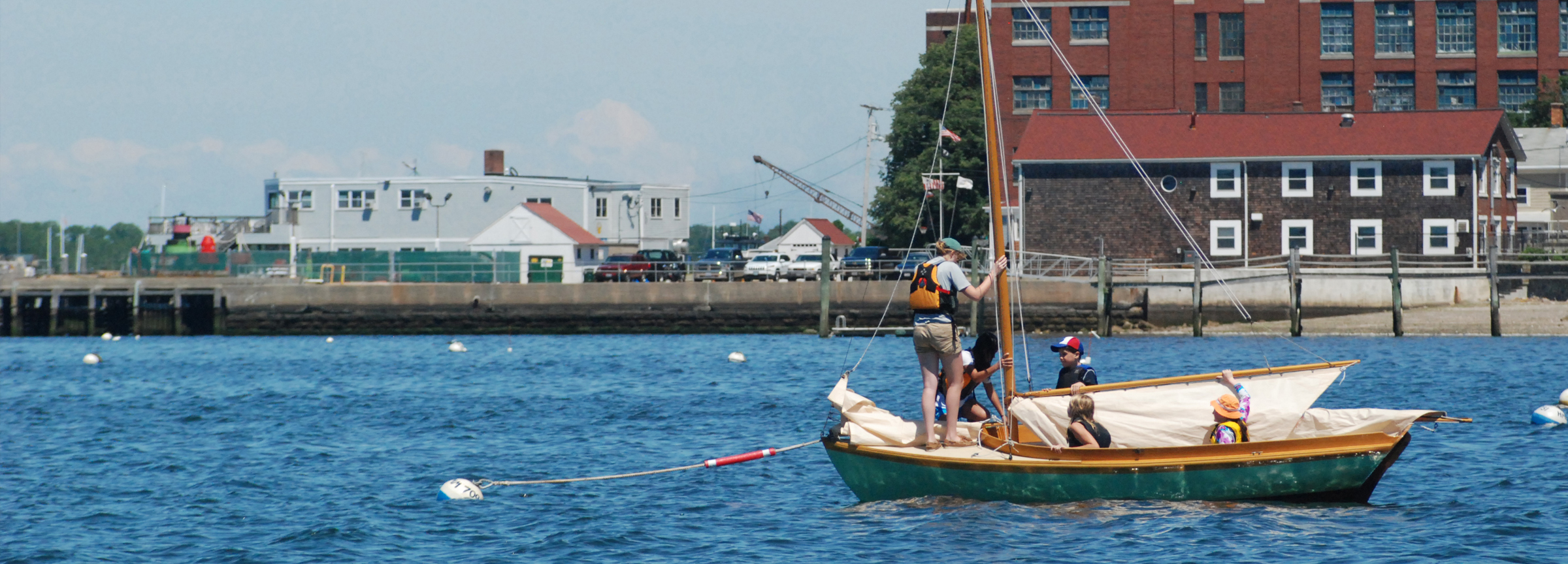Rhode Island has a no-sales-tax policy on boats and boating services. The policy was put into effect in 1993, thanks to the efforts of the Rhode Island Marine Trades Association (RIMTA). Boating is important to the economic life of the state, and policy makers have long recognized the benefits of fostering the health of Rhode Island’s marine trades while also attracting more boaters to its shores. The rule can apply to boats that are purchased in Rhode Island and registered in the state.
There is also no property tax on boats in Rhode Island. Rhode Island does not have a property tax on boats, so if you make the Ocean State your boating home you won’t be paying those taxes year after year. According to the latest statistics, approximately half of the registered boaters in Rhode Island live in other states—so if you are not a resident of Rhode Island, you will be joining many others who have decided that an Ocean State berth is the way to go.
The no-sales-tax policy also applies to boating services. That means repairs, refits, storage, dockage and mooring fees. You won’t pay sales tax on these services—except for the parts and products used in any work you have done to your boat.
All these policies benefit the boating industry in Rhode Island as well as the consumers who choose to take advantage of the state’s policies.
